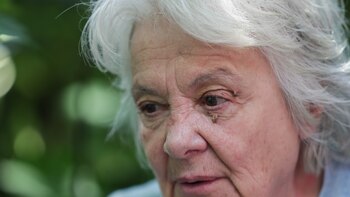
As Beijing attempts to keep Omicron and COVID-19 out of the city with tight restrictions on who can go where with their “closed –loop system”, the city faces another challenge with the opening of the Winter Games less than two weeks away.
Smog.
Beijing’s air quality on Sunday registered a “very unhealthy” level making outdoor exercise inadvisable, as heavy smog blanketed the capital and made visibility limited.
The Ministry of Ecology and Environment said the seasonal weather in Beijing is creating “extremely unfavorable conditions” but they have promised to have the air quality fixed before the Opening Ceremonies on February 4. Local governments have said they will take “necessary action” to improve the air quality.
Another potential problem in fixing the air quality ahead of the Winter Games is Lunar New Year’s Eve on January 31 when fireworks will certainly add more smoke to the already unhealthy air.
Beijing has instituted a ban on unauthorized fireworks in the city in recent years to reduce air pollution, but with only moderate success.

Ahead of the Olympics, that ban has been expanded to cover not the just the city proper, but neighboring suburbs as well.
The police have also cracked down more on illegal fireworks, confiscating over 8,000 boxes of firecrackers and levying fines to over 100 citizens. They have also offered cash rewards of up to 20,000 yuan ($3,000 USD) for any tips about illegal fireworks.
There are other options for Beijing to improve their air quality in a short amount of time. They could resort to cloud-seeding technology, similar to what was done in 2008, to increase rainfall and “rinse away” the pollution, or they can further reduce output from steel mills and coal power plants.
Últimas Noticias
Sinner-Alcaraz, the duel that came to succeed the three phenomenons
Table tennis: Brazil’s Bruna Costa Alexandre will be Olympic and Paralympic in Paris 2024

Rugby 7s: the best player of 2023 would only play the medal match in Paris

Rhonex Kipruto, owner of the world record for the 10000 meters on the road, was suspended for six years

Katie Ledecky spoke about doping Chinese swimmers: “It’s difficult to go to Paris knowing that we’re going to compete with some of these athletes”





